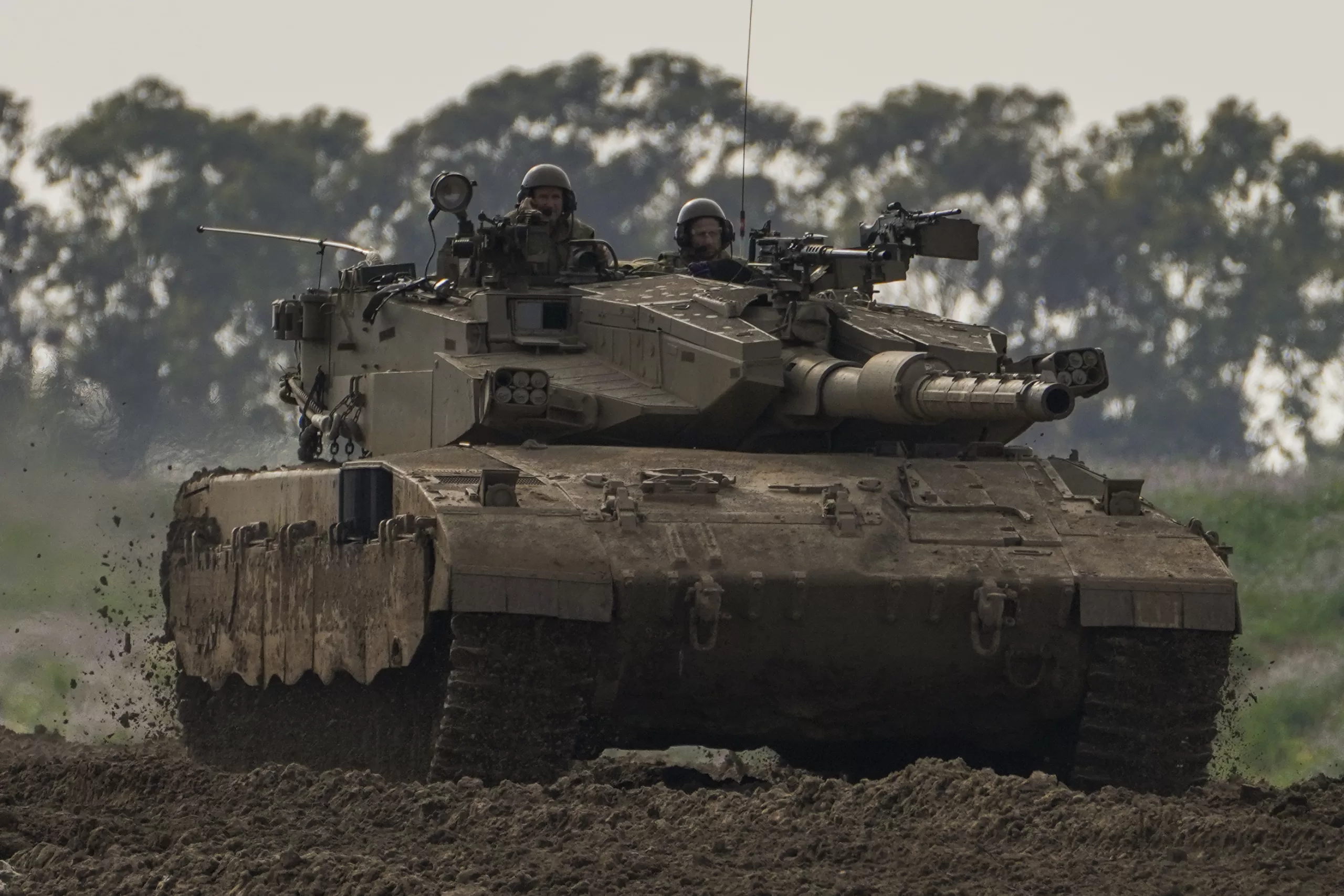
The proposed resolution says Israel’s planned major ground offensive into the southern Gaza city of Rafah, where some 1.5 million Palestinians have sought safety, “should not proceed under current circumstances.” And it warns that further displacement of civilians, “including potentially into neighboring countries,” a reference to Egypt, would have serious implications for regional peace and security.
The Security Council is expected to vote Tuesday morning on the Arab-backed draft resolution circulated by Algeria, which represents the 22 Arab nations in the U.N.’s most powerful body.
In addition to a cease-fire, the final Algerian draft, obtained by AP, also demands the immediate release of all hostages and reiterates council demands that Israel and Hamas “scrupulously comply” with international law, especially the protection of civilians, and rejects the forced displacement of Palestinian civilians.
U.S. Ambassador Linda Thomas-Greenfield said in a statement Sunday that the United States has been working on a hostage deal for months that would bring at least a six-week period of calm “from which we could then take the time and the steps to build a more enduring peace.”
She said U.S. President Joe Biden has had multiple calls over the last week with Israeli Prime Minister Benjamin Netanyahu and the leaders of Egypt and Qatar to push the deal forward. Qatar said Saturday the talks “have not been progressing as expected.”
“Though gaps remain,” Thomas-Greenfield said, “the key elements are on the table” and it remains the best opportunity to reunite hostages with their families and enable a prolonged pause in fighting that would allow lifesaving aid to get to Palestinian civilians who desperately need it.
By contrast, the Arab-backed resolution wouldn’t achieve those outcomes, “and indeed, may run counter to them,” she said. “For that reason, the United States does not support action on this draft resolution. Should it come up for a vote as drafted, it will not be adopted.”
U.S. deputy ambassador Robert Wood told several reporters Monday that the Algerian draft is not “an effective mechanism for trying to do the three things that we want to see happen — which is get hostages out, more aid in, and a lengthy pause to this conflict.”
With the U.S. draft, “what we’re looking at is another possible option and we’ll be discussing this with friends going forward,” Wood said. “I don’t think you can expect anything to happen tomorrow.”
Arab nations, supported by many of the 193 U.N. member countries, have been demanding a cease-fire for months as Israel’s military offensive in response to the Hamas attack has intensified, with the number of Palestinians killed now surpassing 29,000, according to the Gaza Health Ministry, which doesn’t distinguish between civilians and combatants but says the majority are women and children.
The Arab Group chair this month, Tunisia’s U.N. Ambassador Tarek Ladeb, told U.N. reporters last Wednesday that some 1.5 million Palestinians who sought safety in Gaza’s southern city of Rafah face a “catastrophic scenario” if Israeli Prime Minister Benjamin Netanyahu goes ahead with a potential evacuation of civilians and military offensive in the area bordering Egypt.
Netanyahu ordered the military to come up with a plan for Rafah’s evacuation, but Israel hasn’t announced a plan or timeline.
The Algeria draft resolution also expresses “grave concern over the dire and urgently deteriorating humanitarian situation ” in Gaza and reiterates the council’s call for unhindered humanitarian access throughout the territory, where U.N. officials say a quarter of the 2.3 million population are facing starvation.
